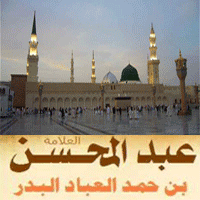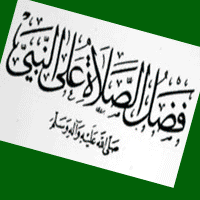مايو 2010
Pillars Of Islam And Moral Values. Purpose Of Prophethood -- Perfection of Morals
The holy Prophet has stated the foremost purpose of his being sent down in this world and the method of his call to the people in these words: "I have been sent only for the purpose of perfecting good morals." -- (Al-Muta)
What is Ramadhan?
Ramadhan is that time of the year when Muslims recharge their spiritual batteries. For a whole month, they fast from dawn to sunset, and offer additional prayers at night. After the end of Ramadhan comes one of the two Muslim festivals, a day of Eid. On this day, Muslims thank God for His guidance and grace in helping them to control their baser desires and fulfill their spiritual needs.
In the month of Ramadaan it is very important that we spent a few moments to understand some of the wisdoms and lessons that we can learn from this month of fasting.
In Islam, faith and good works go hand-in-hand. A mere verbal declaration of faith is not enough, for belief in Allah makes obedience to Him a duty. Only when your practice is consistent with your profession will you be a true Muslim. Faith in Allah will be your strength, and the Qur'an your guide.
The fifth Pillar of Islam is the pilgrimage to Makkah and its surroundings known as Hajj. All Muslims are obligated to make Hajj once in their lifetimes if they can afford it and are otherwise able to do so.
The Hajj is made from the eighth to the twelfth of the Islamic month of Dhul-Hijjah. In 2005, this corresponds to January 18-22.
By Dalia Salah-El-Deen
Devoted believers of different religions isolate themselves from people in order to purify their hearts. In the quest for intimacy with the divine, they retreat to mountain caves, monasteries, or hermitages and prefer solitude to the company of others.
An important principle of Islam is that everything belongs to God; wealth is therefore held by human beings in trust. Obligatory charity or zakah means both "purifications" and "growth." Our possessions are purified by setting aside a proportion for those in need and for society in general. Like the pruning of plants, this cutting back balances and encourages new growth.
A key element of Muslim life is the obligatory, ritual prayer. These prayers are performed five times a day, and are a direct link between the worshipper and God. This very personal relationship with the Creator allows one to fully depend, trust and love God; and to truly achieve inner peace and harmony, regardless of the trails one faces.
Prophet Muhammad (peace be upon him) said: "Indeed, when one of you prays, he speaks privately with his Lord."
If a person really believes in Allah (God), how will he show it? And how will it affect his life?
For a Muslim, his faith is first demonstrated by the five daily ritual Prayers called Salah. These Prayers are so important that they are the second Pillar of Islam after the Testimony of Faith (“There is no god but God and Muhammad is the Messenger of God”), obligatory for all, and they are the first thing the Muslim will be asked about on Judgment Day.
Of the five fundamentals of Islam, Zakat occupies the second position (after the shahada), the first being prayer. This word is derived from the verb ‘Zaka’, which means: ‘It (a plant) grew.’ The second derivative of this word carries the sense of purification, e.g., ‘Qad aflaha man zakkaha (he is indeed successful who purifies himself). Spending the wealth for the sake of Allah purifies the heart of man of the love of material wealth.


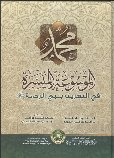
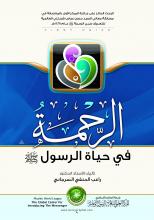
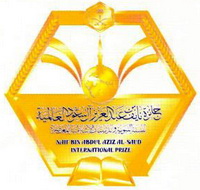

.jpg)

